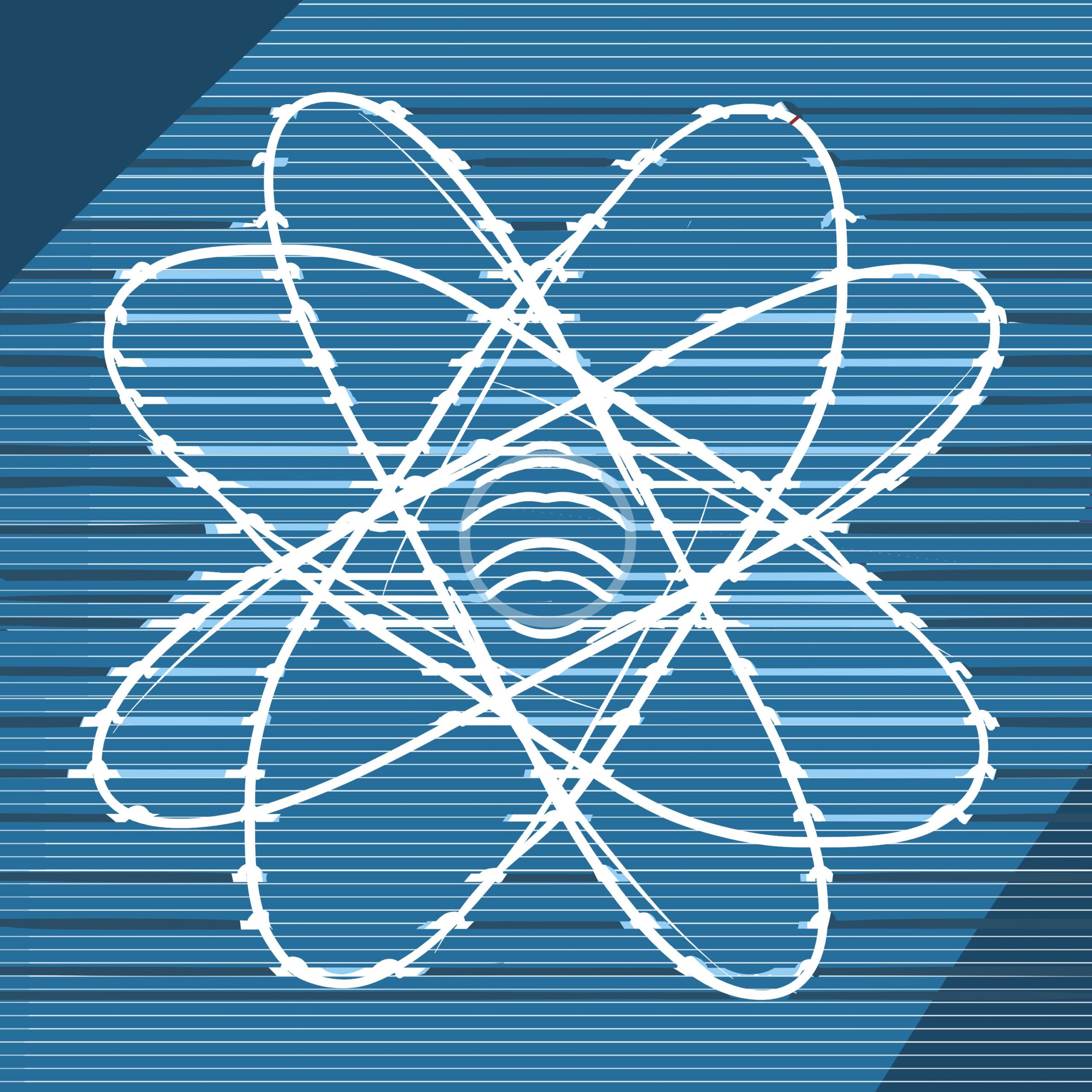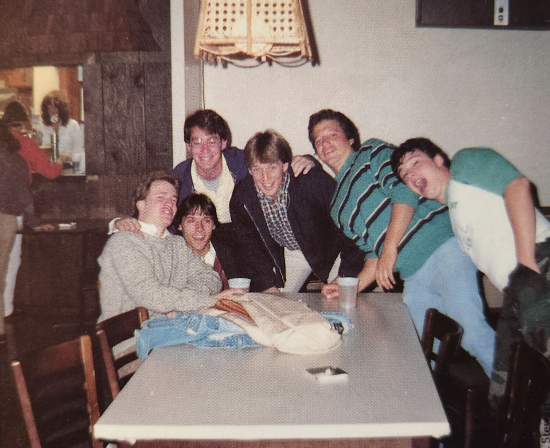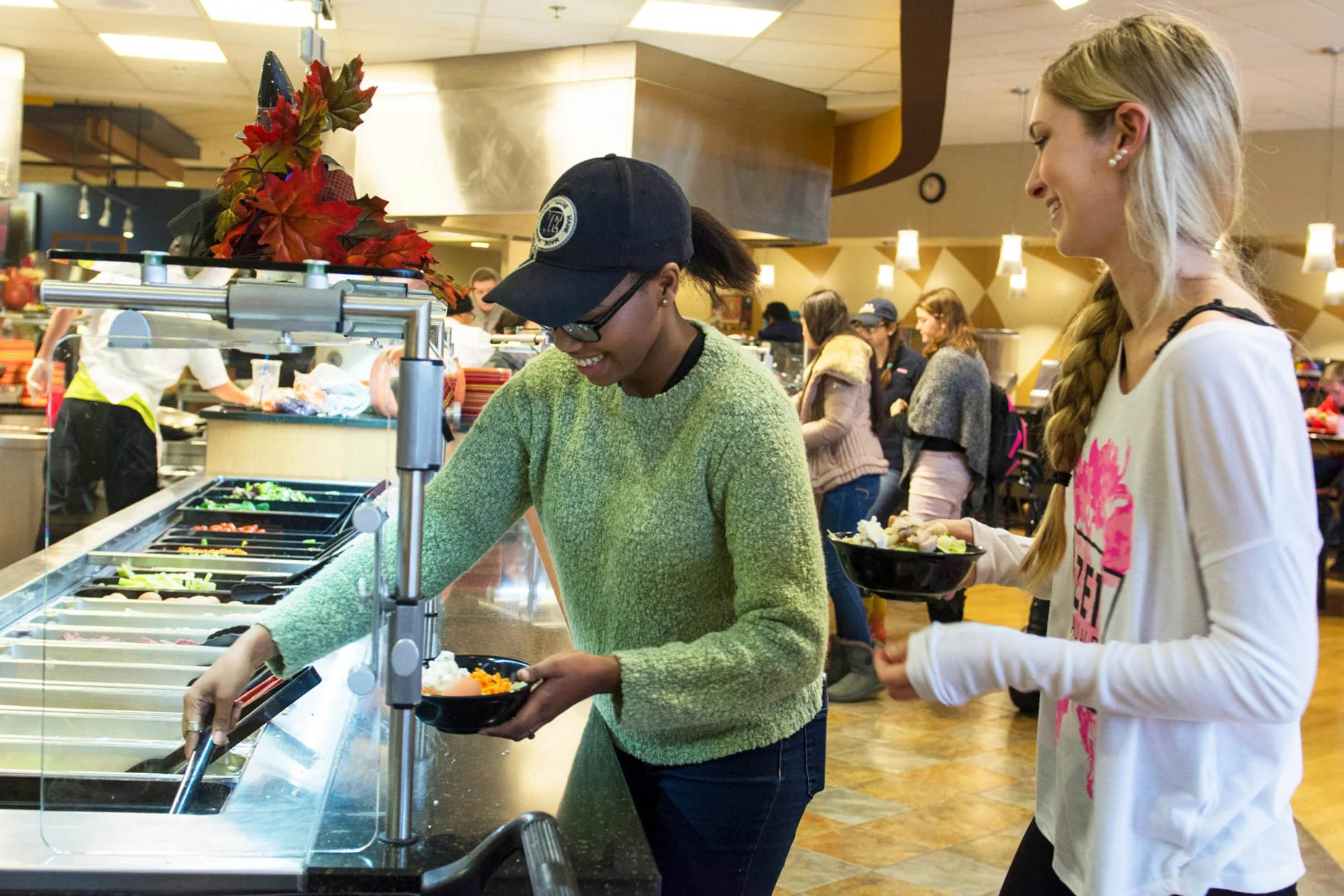New master’s program in quantum computing stirs up excitement from students and faculty. GRAPHIC CREDIT: Elizabeth Wong
The University of Rhode Island has started a new master’s program in quantum computing as the field grows in both size and importance.
Google and Microsoft, among other tech companies, are working on training employees in quantum computing, according to Vanita Srinivasa, an assistant professor of physics and the director of the quantum information science program.
Leonard Kahn, the chair of the physics department, hopes to create a five-year masters of science quantum computing degree within the URI physics department.
“We want to be at the forefront or catch that wave, and help students be prepared for that next revolution,” Kahn said.
Srinivasa started at URI in August 2020 to help develop one of the few quantum computing master’s programs in the world. According to her, these programs were first developed because of the federal government’s National Quantum Initiative Act which was passed on Dec. 21, 2018.
“With this program, there are only a few master’s degree programs in the world actually,” Srinivasa said. “And so, having this here at URI actually puts us right at the forefront of the quantum workforce development initiative under the National Quantum Initiative.”
She explained that the program combines several different scientific fields to teach students how to build and operate quantum computers through running algorithms to solve calculations at a faster rate than traditional computers.
“It’s traditionally been housed in physics, but it combines physics, mathematics, computer science, chemistry and other fields that have an interest in the kinds of problems that quantum computers can solve,” Srinivasa said.
Kahn and Srinivasa both said that quantum computing will change the way we live our lives in a similar way that artificial intelligence would. Kahn hopes to receive full University cooperation for the quantum information science research initiative following the inaugural Frontiers in Quantum Computing Conference.
“They need to know the full impact of what quantum computing can do and what it means and the types of problems it can address and the philosophical implications that we’ll hear about on Monday night,” Kahn said. “They have to know about all [of] those things in order to make an informed decision about how firmly they want to support our program.”
The conference featured 32 guest speakers in a hybrid format. Srinivasa explained that a discussion about the National Partnership for Q-12, a group that provides K-12 students with quantum learning tools, in quantum computing shows how government agencies and organizations are preparing students with lessons for the future.
Srinivasa found the National Partnership to fit well within the URI program because of how it targets and prepares students to study aspects of quantum computing before gaining a physics bachelor’s degree and quantum computing master’s degree after five years of work at URI.
While the conference teaches URI everything from quantum algorithms to the foundations of quantum mechanics, Srinivasa also hopes that an industry and government partnership will help develop quantum personnel.
“We’re building this new partnership as well with the industry and government so IBM and NUWC, the naval undersea warfare center,” Srinivasa said. “And so we hope that that’s going to serve as a model for the rest of the country as well in terms of how we can connect with both industry and government to help train students for the quantum workforce.”
As Srinivasa is scheduled to teach PHY 575: Introduction to Quantum Computing next semester, Kahn noticed how the program has garnered interest from many freshmen. Kahn and Srinivasa related the quantum computing program to the URI strategic plan while developing the degree with an interdisciplinary approach.
“The other thing they want to do is to be sure that what we’re doing is developing an interdisciplinary structure, so that we are not siloed, where physicists take physics courses, mathematicians take math courses and do that kind of thing,” Kahn said. “That we’re interacting with each other because that’s the way the real world works.”





